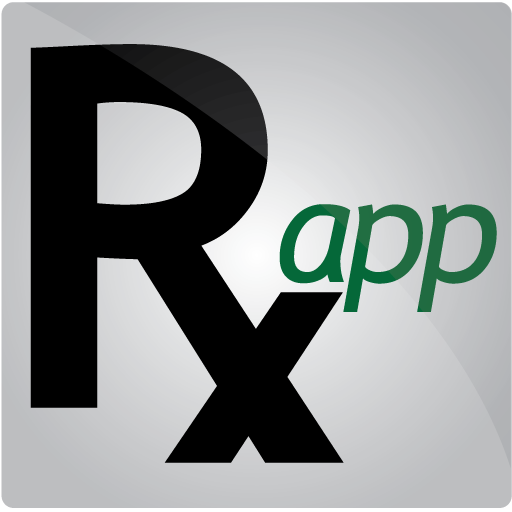The Pharmaceutical Benefits Manager (PBM), is an organization that provides services, educational programs, and patient support services. They do this by influencing the behavior of pharmacists and physicians to prescribe drugs correctly to maximize their effectiveness. PBM is a middleman between insurance companies and other members of the health sector. Because of their size, they can negotiate large contracts with their customers and negotiate with the pharmaceutical companies and pharmacies for the best prices.
Role of PBM
PBM plays a key role in getting the medicines you need at an affordable price and in using your vast resources to negotiate on behalf of insurance companies and clients. PBMs are paid for their services by combining fees, discounts and other means. Because they are vague on the number of discounts obtained, they are subject to constant control. PBMs work with pharmaceutical manufacturers, wholesalers, plan sponsors and pharmacies.
PBMs play an important role in the safety of prescription drug benefit plans. Drug Utilization Review is a life-saving program that requires a review of medications to determine their effectiveness, potential risks and potential interactions between drugs and to mitigate other safety issues. Because PBMs monitor their pharmacy networks, they have access to the patient’s prescription record and can alert patients or physicians to the potential side effects of medications that may occur when combining different prescriptions.
PBM also establishes specific criteria that must be determined before certain drugs are administered. Criteria may include: diagnosis verification, determine if a genetic component is involved, ensure that the correct tests are performed and call in a specialist during the treatment. All of this is an effort to ensure that the patient takes appropriate measures for treatment, does not exceed the amount needed and actually responds to the medication.
How do PBMs work?
The relationship between pharmaceutical manufacturers and PBMs is complex. There are many money issues that make interactions difficult to understand between pharmaceutical companies and the PBMs. As a middleman between pharmaceutical companies and patients, PBMs are responsible for determining the affordability of drugs and implementing programs to help patient’s access medicines and use the most effective treatments.
These programs include; Refund programs, step therapy programs, formulary coverage, and prior authorization programs. PBMs are also accountable for the implementation of other important programs designed to improve health outcomes, such as waste reduction and increased adherence, costly and complex specialty drug management as well as clinical management.
When an employer signs a contract with PBM for the design and maintenance of a drug benefit plan, it usually enters into a three-year relationship. During the initial discovery phase, the parties work together and, in some cases, with industry intermediaries and experts to create their ideal pharmaceutical benefits program by choosing from various deductibles, clinical programs, coinsurances, and copayments.
PBMs generally provide call centers to members and can answer questions about different network pharmacies or copays for different drugs. During the contract period, PBMs are responsible for the processing of requests, reimbursement amount, clinical programs and review of drug use.
The PBM model is designed to prioritize the interests of PBMs on the health of patients. The drug pricing system is opaque and complex, allowing PBMs to operate without control or response for a long time. PBMs say they save money for the health system. If so, then there are no reasons the prices of drugs and premiums are rising as PBM profits reach hundreds of billions. With the medical care provided to millions of people at risk, we must be held accountable for individual protection measures, in addition to pharmaceutical manufacturers.
